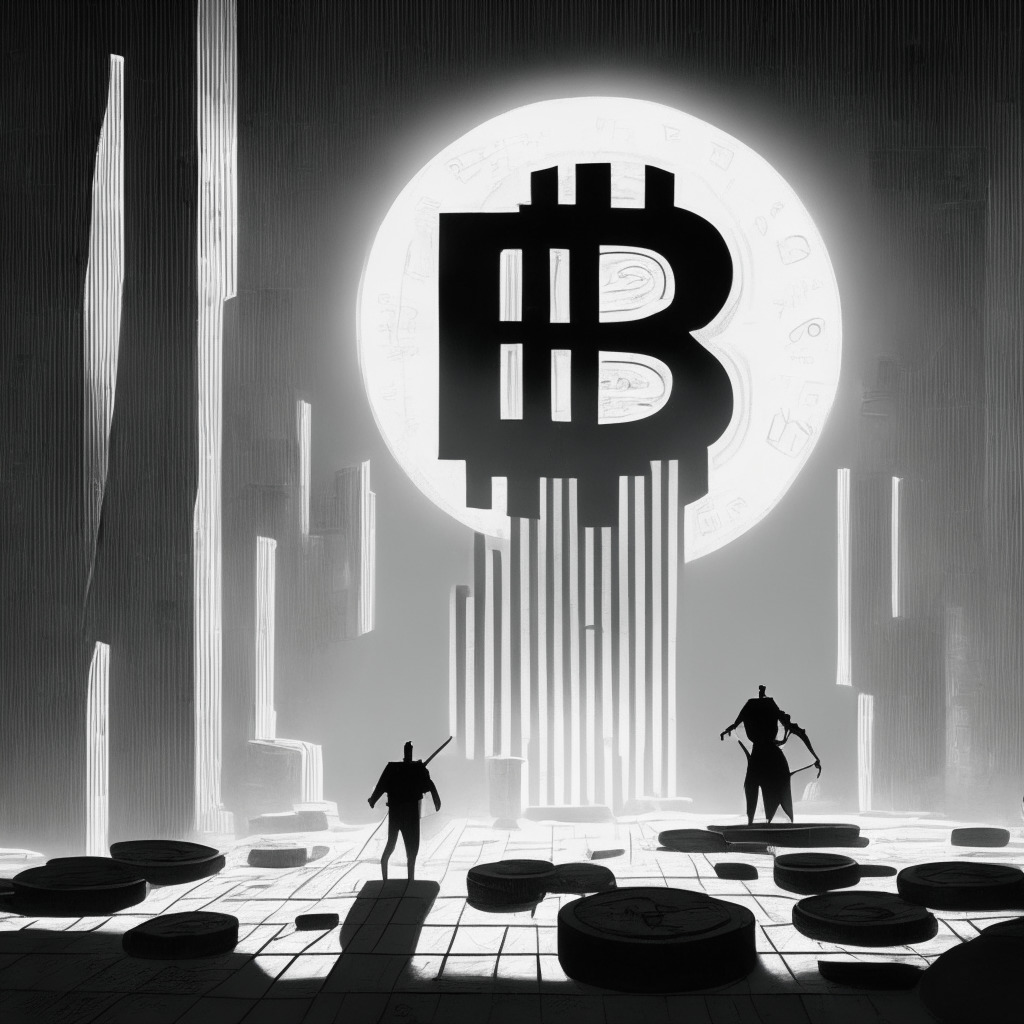The recent news that Kraken, one of the major crypto exchanges globally, secured Electronic Money Institution (EMI) and Virtual Asset Service Provider (VASP) registrations in Ireland and Spain has sent ripples through the regulatory waters. These regulatory approvals mark a significant stride towards general crypto acceptance in Europe, indicating increasing regulatory acceptance of the cryptographic sector.
The EMI license obtained from the Central Bank of Ireland allows Kraken to enhance its Euro-to-crypto trading offerings in 27 EU member states and European Economic Area (EEA) countries. The Spanish VASP registration further enables Kraken to provide exchange and wallet custodial facilities to Spanish residents. Such registrations underline the value of divergent national regulatory acknowledgement in fostering market growth, making these developments powerful, positive signals for blockchain future.
However, on the flip side, these developments are not bereft of controversy. To illustrate, Kraken faced a lawsuit from the Australian Securities and Investments Commission (ASIC) over the alleged failure of its Australian associate, Bit Trade, to undertake appropriate market determinations before providing margin trading services to its customers. Jonathon Miller, managing director of Kraken‘s Australian operations, expressed surprise at the development, asserting Bit Trade’s compliance with local regulations.
Evidently, despite the promising steps towards more robust regulation and market growth, a potential minefield lurks. Regulatory variations across different jurisdictions and the potential for unexpected liabilities, as demonstrated in Bit Trade’s example, necessitate extreme diligence for crypto exchanges wanting to expand globally.
While we acknowledge Kraken‘s achievement as a landmark occasion in the crypto realm, the Bit Trade incident serves as a powerful reminder. It alerts industry participants and potential entrants about the fine rope walk that compliance necessitates. It showcases how even seemingly positive steps towards broader acceptance can sometimes bear hidden costs and unexpected complications.
Conclusively, this tale of two regulatory situations outlines the fine balance between the promise of global expansion and the potential for sudden regulatory pitfalls. As the crypto industry continues to grow, the journey to a truly global, regulated, and universally-accepted crypto environment remains both fascinating and challenging.
Source: Cointelegraph




